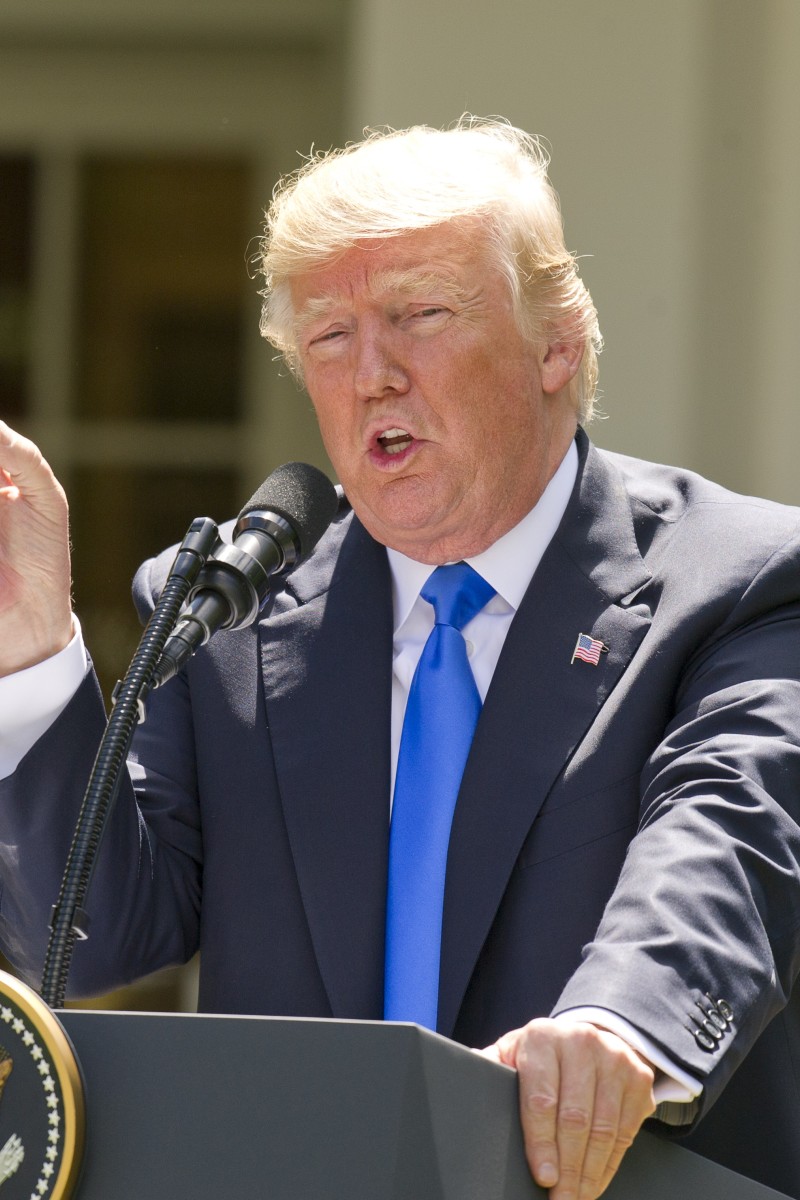
Letters from the dorm: how to battle racism and ignorance among friends

 President Donald Trump may be causing people to be more aware of their heritage.
President Donald Trump may be causing people to be more aware of their heritage. During the past year, I have become much more attuned to comments and events pertaining to race, ethnicity, and culture. It’s possible this heightened sensitivity is caused by a certain orange, tiny-handed buffoon prone to stereotyping and demonising minorities from his office in the White House, or maybe it’s merely a result of my own increasing interest and pride in my Asian identity.
My newfound interest in these issues has led me to follow Facebook pages such as The Love Life of an Asian Guy, a blog that deals with Asian-American issues and representation in pop culture, and to my outrage at events such as United Airlines’ now infamous mistreatment of 70-year-old Asian doctor David Dao, and Fox News’ blatantly offensive Watters’ World Chinatown segment.
But it has also led me to consider comments about race in my everyday life.
I began to bristle when asked innocuous questions such as “No, what’s your real name? How do you pronounce it?” and “How come you can speak English so fluently?” Comments made in jest, such as an implication that Chinese people eat dogs or that I resemble PSY, the chubby, Korean star of Gangnam Style stung a little bit, and I found myself incapable of merely brushing them off.
I started to become concerned, irritated and angry when people made broad generalisations about my race, and expected me to conform to inaccurate stereotypes. I began to brand anyone who had made such a comment, even those who I considered to be friends, as racist and ignorant.
Then, I remembered the stereotypes and generalisations I had about America when I first came to boarding school. I had once believed that the South was full of uneducated and uncultured hicks, that all American food was as greasy and calorie-filled as a meal from The Cheesecake Factory, and that New England only consisted of snobs who exclusively shopped at Brooks Brothers and Vineyard Vines, and summered in Nantucket.
These stereotypes were based on nothing but ignorance, as I had never been exposed to the truth about the places and people that I made assumptions about. Similarly, those who make generalisations about my race and culture do so because they are unaware about the true, diverse nature of Hong Kong and China.
I realise now that the more effective way to debunk these stereotypes is to educate my peers on the truth and help them understand my culture, not to be frustrated at them for their ignorance. So, instead of rolling my eyes or making a snarky remark, I have learned to combat incorrect assumptions and stereotypes by sharing my culture, and my pride of being a Hongkonger and an Asian.
Edited by Sam Gusway
